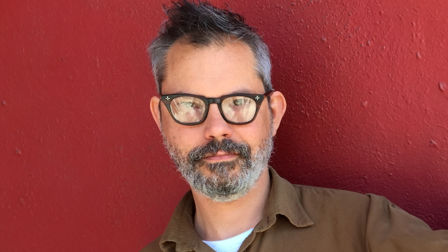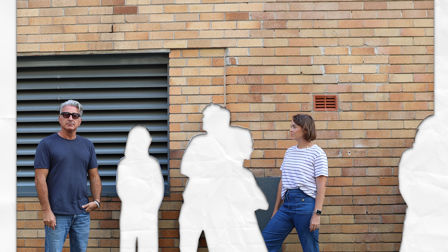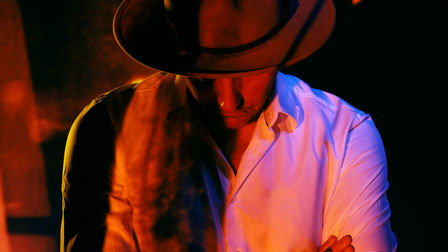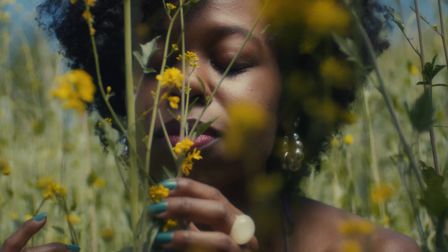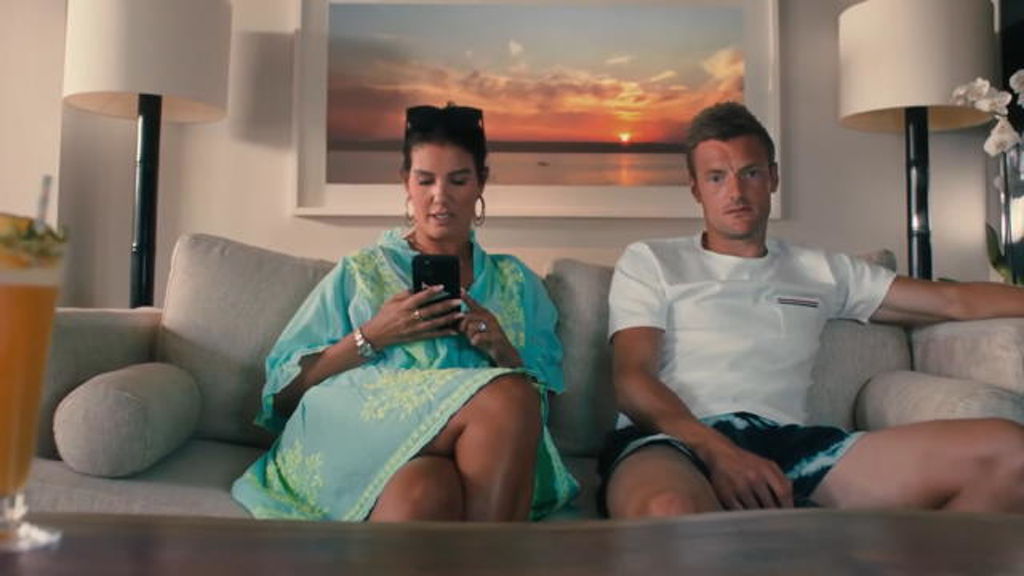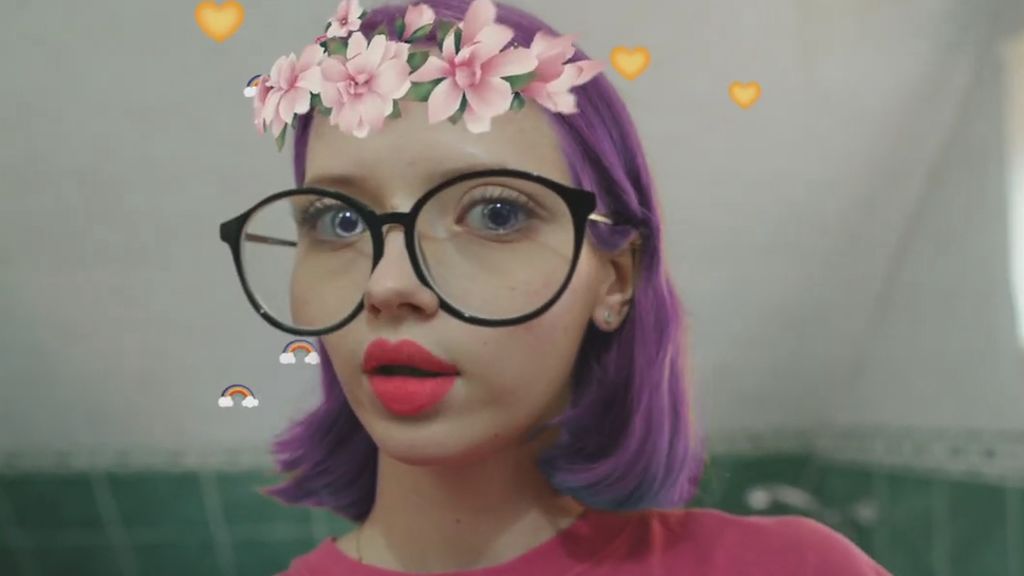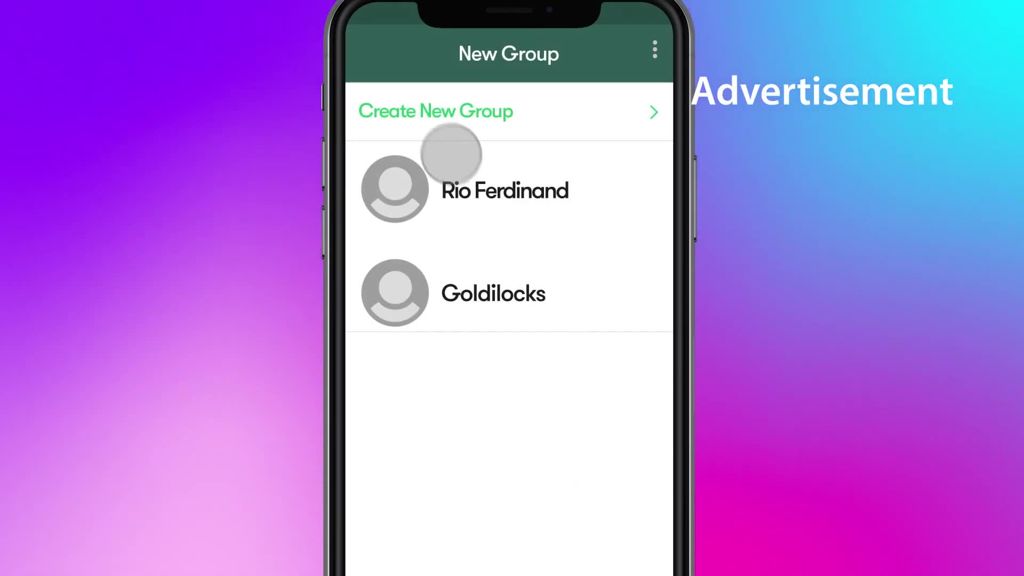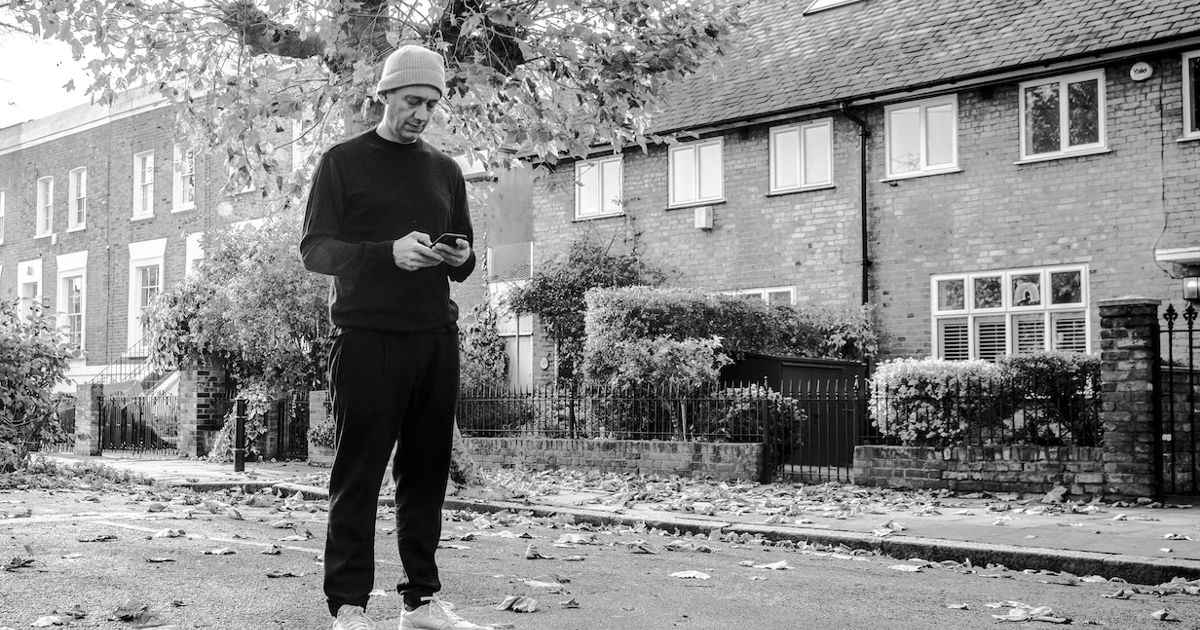The Way I See It: Guillermo Vega
Guillermo Vega, multi-award winning CCO of Saatchi & Saatchi London, is a man in a hurry. A founder of fabulously fast-growing offices – his career includes setting up and growing W+K São Paulo from three to 100 employees in four years – he tells Carol Cooper about learning to be patient, the Super London way.
I had a happy childhood. I grew up in Buenos Aires, which is a really vibrant city. It has that edge that all great cities have. It has amazing culture, good theatre, cinema, music – a nice place to grow up.
Things were always changing though. Lots of flux. Argentina is a bit crazy, it’s been through so much instability. So, while I was growing up, depending on the economic moment, sometimes we had a big house; sometimes no house. Sometimes we had a car; sometimes no car. Some of the time I was at a private school; other times a public school. It was a rollercoaster.
My father owned restaurants, but was also artistic, he studied ceramics. He is quite a quirky person, he always had a workshop or somewhere he would go in the house where he created art.
While I was growing up, depending on the economic moment, sometimes we had a big house; sometimes no house. Sometimes we had a car; sometimes no car.
He had a restaurant by the ocean that was only open in the summer months. We’d go there every year and I would sleep in the restaurant, in a weird little space by the side of the kitchen. The lifeguards on the beach would go training in the water every day. When I was 12 or 13 they started inviting me out with them. So, every day, I’d go out into the ocean, quite far, maybe a couple of kilometres. Sometimes I’d go in when there was a big storm. When you're in the sea, in a storm, in the waves, it's amazing.
I still love waves. A good vacation for me is a holiday when I can surf. I’m not a serious surfer but I do love it.
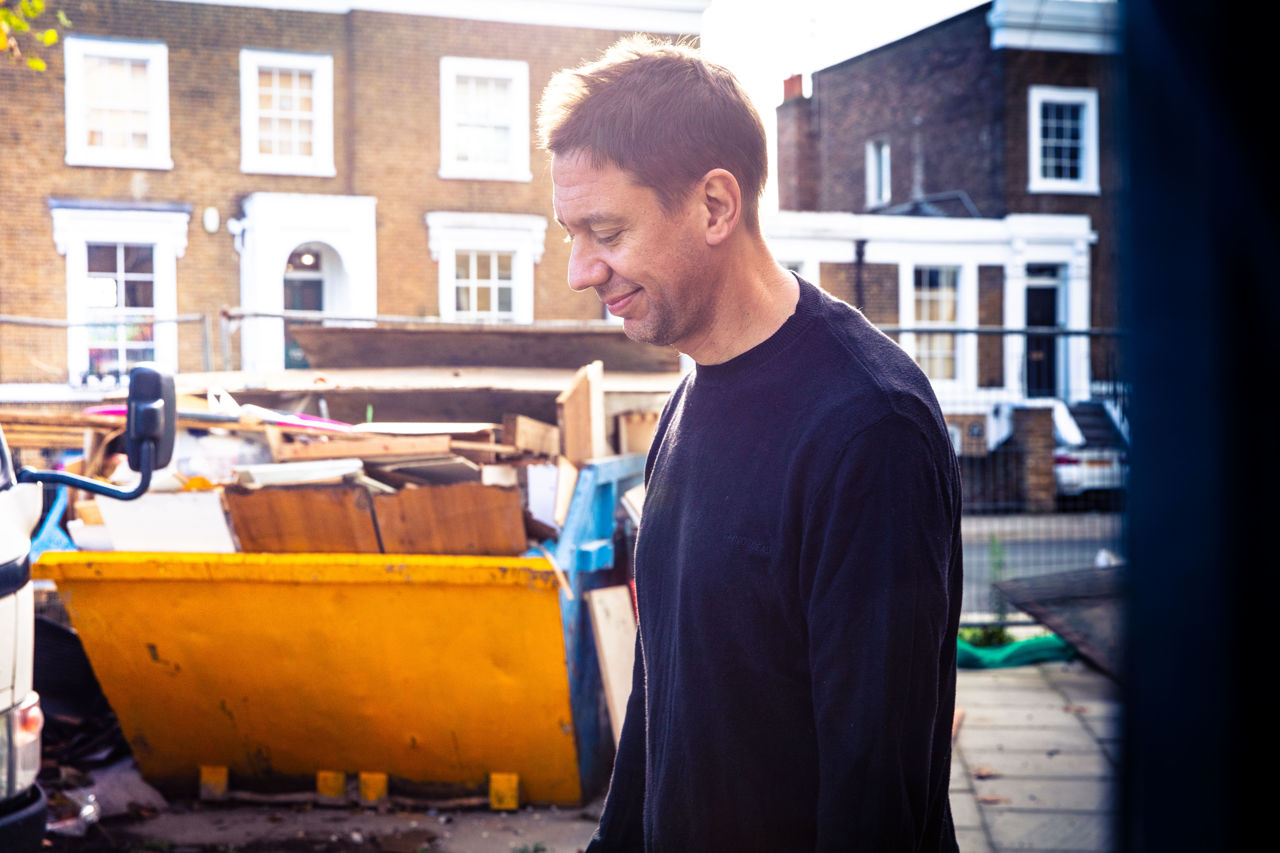
Above: Saatchi London CCO Guillermo Vega.
Around the same age, 12 or 13, I started making movies with friends. I say movies... they were experiments with Super 8 cameras, ridiculous stories about aliens and ninja warriors.
I used to make music with some friends, too. I was the worst one at playing instruments, so I was given the job of songwriter.
I also loved computers. I studied electronics at technical school. For part of the course I worked at IBM testing monitors, but I did find that super-boring so I switched to design.
While studying design at university I was also learning how to make and edit videos. I saw an ad that I really liked on TV and I thought, I wish I could make something like that. My mother’s friend had a son who was working at a small ad agency called Verdino. So, I went to visit this dude and he liked something about me, but what he really liked was that I owned a Mac computer.
He told me: “the CFO is not allowing us to buy Macs. So, if you join the company, I’ll pay a little bit of money for you, and the rest of the money will be for the Mac".
I had spent all my money on that Mac. He told me: “the CFO is not allowing us to buy Macs. So, if you join the company and you come into the office with it, I’ll pay a little bit of money for you, and the rest of the money will be for the Mac". I was pretty good at it, so they hired me with a computer. That was the deal. The CFO ended up having to buy 10 or 12 Macs as everyone wanted one when they saw mine.
I left Buenos Aires in 2008. I still have family there, but I have my own family here with me. I have two kids – four-years-old and six months – and a wife… well, I suppose we have each other. We came over here in 2018 and my second kid was born here during lockdown!
We are happy here, it feels welcoming. In comparison, New York felt quite hardcore. Since the pandemic I have been feeling homesick for Argentina at times, but I think that’s because of the current impossibility of going back.
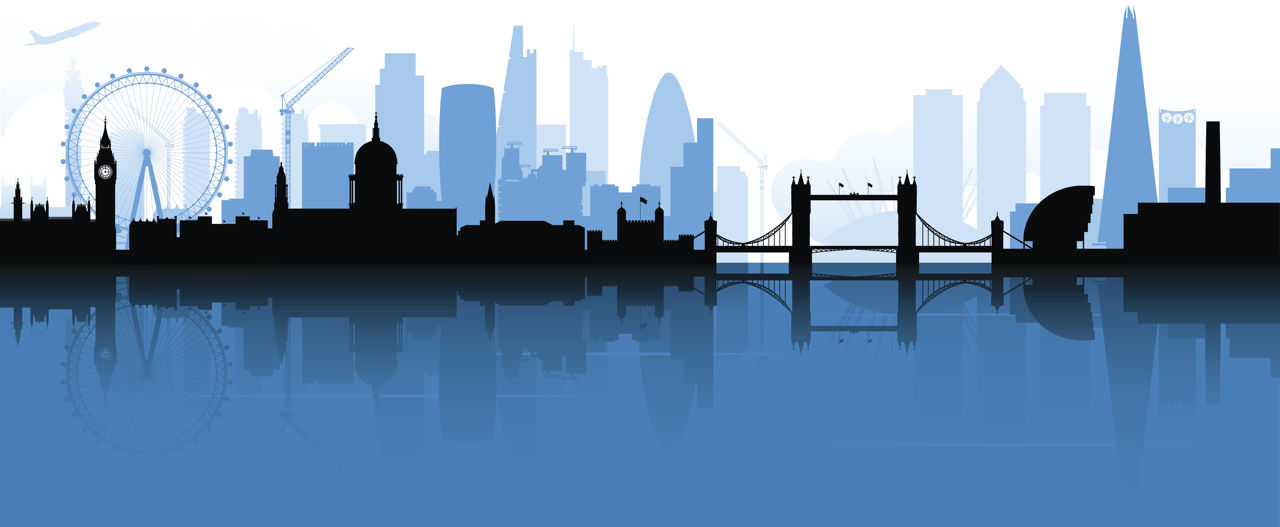
Above: Though sometimes homesick for his native Argentina, Vega feels happy in London.
I have been given amazing opportunities. When I got a call from Saatchi I thought it’s one of my childhood dreams to work in the UK. I visited the agency. The people I talked to were awesome. I thought, ‘hey, let’s do it!’.
Saatchi told me they wanted a shot of energy, a new culture. My viewpoint is that I am not some messianic agent of change who’s gonna solve all the problems. I’m not better than anyone else. If we agree on a plan that makes sense, and it's gonna get us to a better place, that's good enough for me.
I have made some changes. The workflow processes were quite divided. For example, first strategy, then creative, then design, and back and forth between design and creative. I made it more compact, and faster. I just said, from now on, I want everything on Google Docs; I want everything in the Cloud, I want everyone working together. So, we started working like that and actually it's been fun. Plus, when we had to jump into lockdown, the systems were all in place and it was seamless.
I found when I came [to London] that people are more reserved and more thoughtful. Slower to make decisions, and friendships.
I packed everybody into production, it was super-crowded. Crowded, but very energetic. I like it like that, it leads to faster communication. You can just call a designer over and you can walk around to see everybody. I put almost 80/90 people on one floor. At the moment, of course, it's impossible to be there.
So, we'll see what we get out of it, but it's a weird period. So far, it's been working. We have done some of the best stuff during this crazy period.
I didn’t get culture shock so much when I came to England, more when I moved from Argentina to New York, that was my biggest shock. I guess everything can be seen as negative and positive, depending on the lens, right? I found when I came [to London] that people are more reserved and more thoughtful. Slower to make decisions, and friendships. People can seem colder, but then you can end up with deeper emotions and understanding.
I wish we were a little bit more like that in South America. Not colder, but more respectful, private, thoughtful. I like different things from different countries. Every country has their ways. And, of course, there are all different types of people.
BT – Unlimited Subs
Deutsche Telekom – Billie Eilish x Telekom: What We Do Next
BT – How To Use WhatsApp, With Clare Balding
Above: Vega believes that some of Saatchi London's best work was created over the 2020 lockdown period this spring, including work for BT and Deutsche Telekom.
I have met some really lovely people here in the UK, but I'm gonna be honest, I wish people here were a little bit more warm. But it's not something that affects me. I have my family, so it's fine. I'm not, 'oooooh I need a hug'. We're all Latinos in my household, so we are always hugging.
At the Saatchi Christmas party everybody went bananas. It was such a contrast from how they were every day. Before the party, I was working in the office and for some reason everyone was getting dressed up on my floor, making wigs, getting into costumes. We all went to the pub, everybody was going crazy. You can get the weirdest confessions in pubs, you know? British people can surprise you.
I guess that is part of the British culture – this contrast between the formal side and the party side.
You can get the weirdest confessions in pubs, you know? British people can surprise you.
When I was learning advertising in Argentina the Bible was the D&AD, that was the book everyone followed; lesson number one. And UK agencies were always considered the Mecca. Also my generation were inspired by elements of British culture, like Britpop and The Face magazine.
My favourite ad of all time is the Independent, Litany. I love its darkness and cynicism; the fact that it is all about the don'ts – it is breaking one of the rules about advertising, to be positive. So many decisions are right in it, everything is pared down, minimalistic. It takes a lot of courage to have that negativity and to say at the end ‘don't buy, don’t read’.
Credits
powered by
-
- Production Company HLA
-
-
-
Unlock full credits and more with a Source + shots membership.
Credits
powered by
- Production Company HLA
- Post Production MPC London
- Editor Tim Fulford
- Director of Photography Bob Pendar-Hughes
- Creative Charles Inge
- Creative Paul Weinberger
- Director Rob Sanders
- Producer Helen Langridge
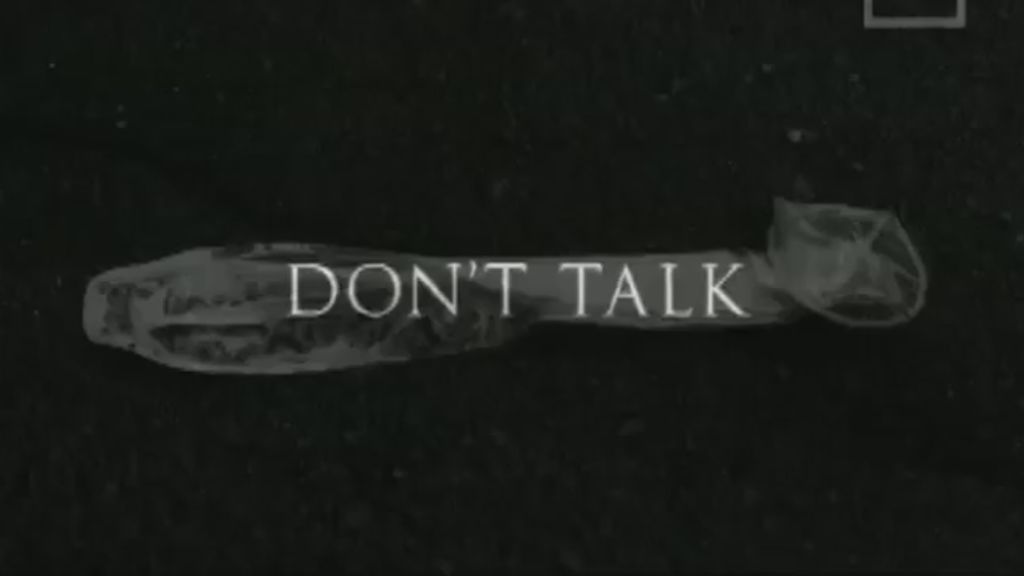
Credits
powered by
- Production Company HLA
- Post Production MPC London
- Editor Tim Fulford
- Director of Photography Bob Pendar-Hughes
- Creative Charles Inge
- Creative Paul Weinberger
- Director Rob Sanders
- Producer Helen Langridge
Above: The Independent's iconic spot, Litany, Vega's favourite commercial.
The books that had an impact on me growing up were George Orwell's 1984 and Aldous Huxley's Brave New World, I used to like reading Plato, too. I am not much of a reader any more, but as a teenager I was a hardcore. From age 11 to 21 or 22 it was insanity, I read so much. I would have competitions with my friends to see who could read the most in a week. I was a really boring person.
One of my principles is based on what I call the 'ordering food at the restaurant' problem. You spend 20 minutes looking for the dish you want; you finally pick it, but when it arrives you don't want it any more, you want what somebody else has. I believe that what you want doesn't really matter – desire is fleeting and changeable.
Of course, you need to love what you're doing, and you need to attach your energy to the things that you want, but being in sync with what you want all the time is ridiculous. So, if I want something, I try to stay with it, not vacillate between options, but I try not to connect to it too much either.
I won’t get all upset if I can't go to a party or a festival. If I go I will enjoy it. I've been in Cannes multiple times, and I like it. I like meeting people and clients, it's fun. But if I miss it, I'm also happy. I'm with my family here. I’ll stay home and read a book. It's fine.
Even though I was almost unable to speak English when I moved to New York, [Tony Granger] said: “Don't worry, you'll be fine.” I thought, this guy is crazy.
I was surrounded by philosophy as a child. I used to have unusual conversations with my aunt who was a philosopher. She was a character; she used to have her hair really short, almost shaved, and she’d chain smoke. I liked being with her. She was really out there. I would be eating pasta with her and if I made a face that I didn't like it, she would come out with a deep quote from Plato about life. I learnt to read and write round at her place. I learnt to write using her typewriter. She was one of my first teachers.
I have had a lot of mentors. Tony Granger in New York was really generous to me. He is a really open-minded person. Even though I was almost unable to speak English when I moved to New York, he said: “Don't worry, you'll be fine.” I thought, this guy is crazy, he doesn’t know me but he just hired me. But he trusted me and gave me opportunities.
One of my favourite films is Kubrick’s 2001: A Space Odyssey, I love sci-fi, but I love science too. If I wasn’t in advertising and you gave me the opportunity to go to university again, I would do physics. I find it fascinating.
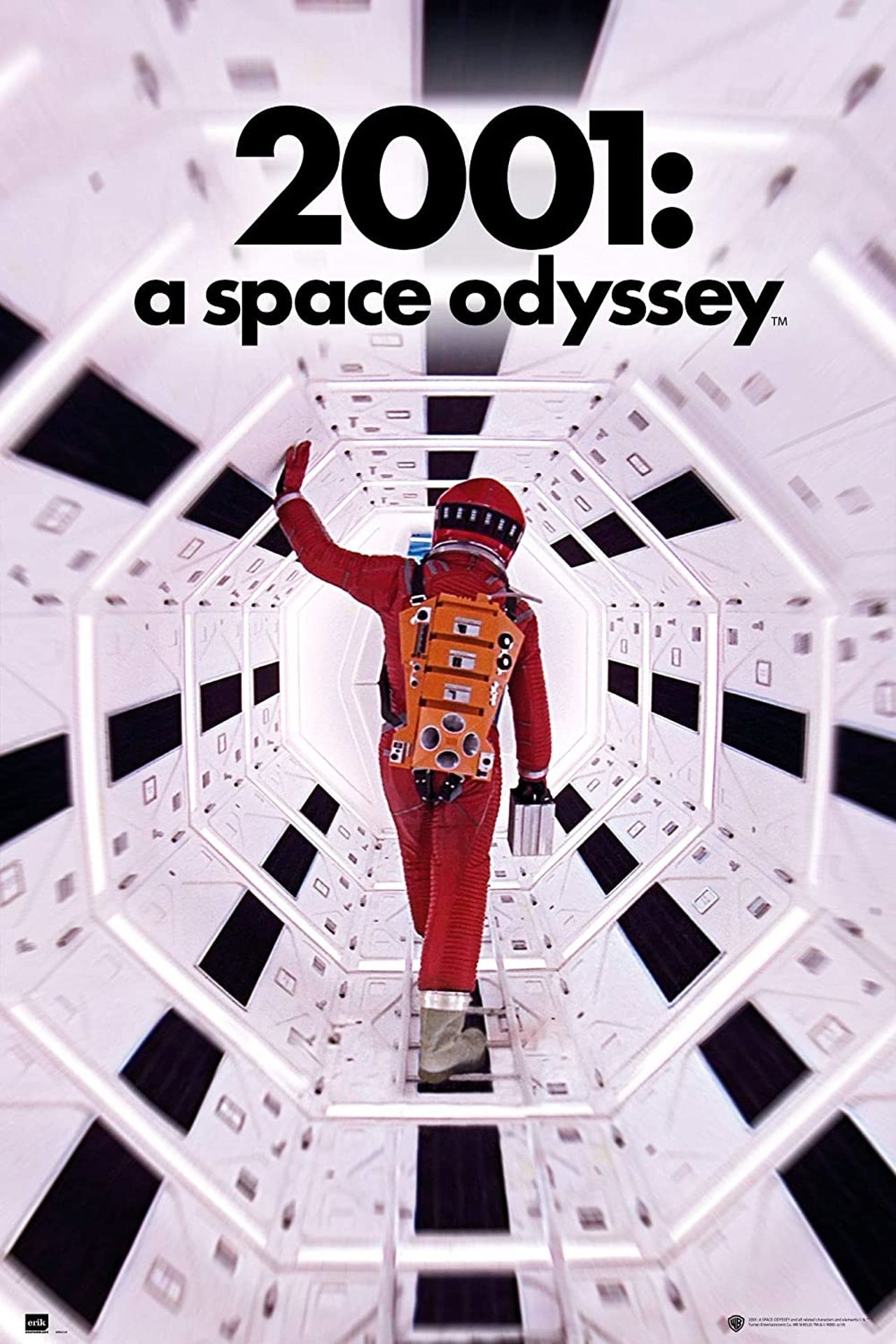
Above: One of Vega's favourite films, Stanley Kubrick's 2001: A Space Odyssey.
I think because of the pandemic we have become more aware of biology than ever before, about how the virus has jumped from animals to people. Earlier in the year I was reading The Tangled Tree: [A Radical New History of Life, by David Quammen] and was interested in how life systems are connected to each other. If you look at structures and how things in the natural world are put together you can start to make other connections. Maybe in creative work, too.
My biggest fear? It’s kind of funny; it’s a nightmare I have, but I would hate to die at work. I imagine being in a meeting and everybody talking to me about work, but suddenly I know I am dying and I’m thinking "'Oh no I am not with my family! Oh God, I'm dying here! Please stop talking to me!” Covid makes people think about death more I guess.
I have one piece of advice that I call ‘Super London’. I was in my 20s, in one of my first jobs as an art director at an agency in Argentina. We were working all night and I was complaining about everything, saying: "This is rubbish, it’s a waste of time. Why do we have to do this, can’t we just go home to sleep? Where I really want to be is Super London.” I said it in Spanish, ‘súper Londres’. There were about four or five people in the office. They all looked at me like 'what's súper Londres'? And I explained: “it's when you work in London, and you are amazing and you only do really great work and it gets into the D&AD". One of the dudes replied: "to be Super London, you first need to be an acceptable junior art director. Then you need to be a reasonable art director, then you need to be one of the best art directors in Argentina, then one of the best CDs in Argentina… And so on and so on. He gave me a list of all the things I needed to achieve.
There’s a theory that you should run towards pressure, not away from it.
I call it the Super London advice – that you need to do one thing after the other. It was a lesson for me; I liked the way he put me in my place and explained that to get something you should go step by step; be patient.
If I could change one thing about myself; I would be more patient. Maybe a bit more quiet and thoughtful.
How do I cope with pressure? Well, there’s a theory that you should run towards pressure, not away from it. Pressure is something you create. You don't get the opportunity to be under pressure unless you create the conditions for it in the first place. I learnt that from a Netflix documentary, so it's not like some massive discovery.
)
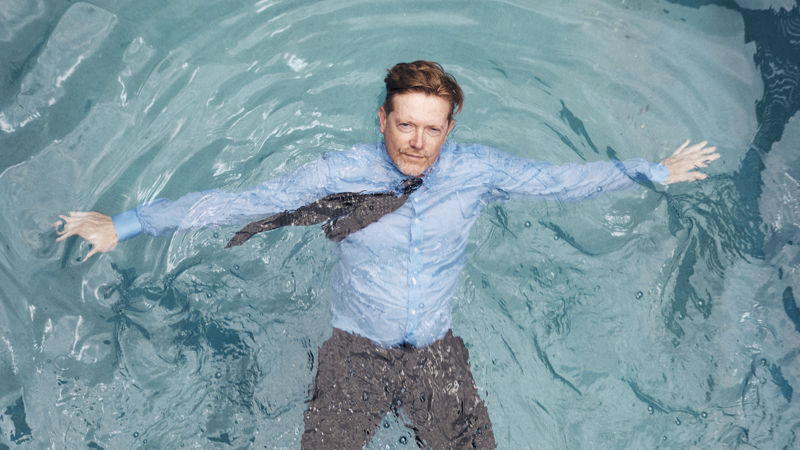
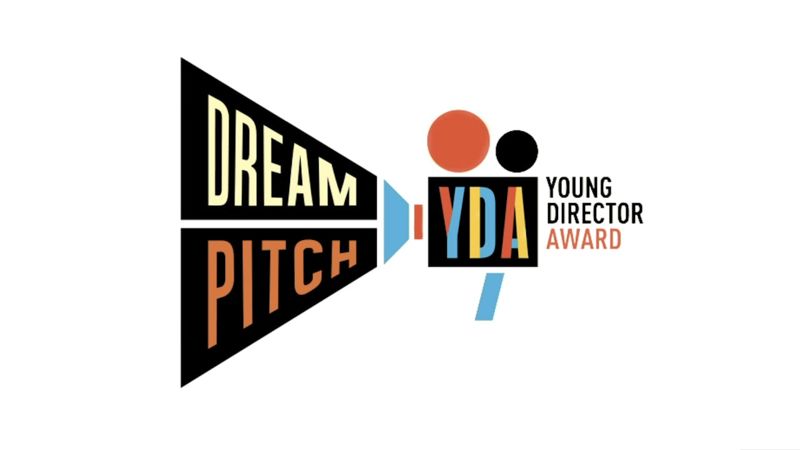


 + membership
+ membership

